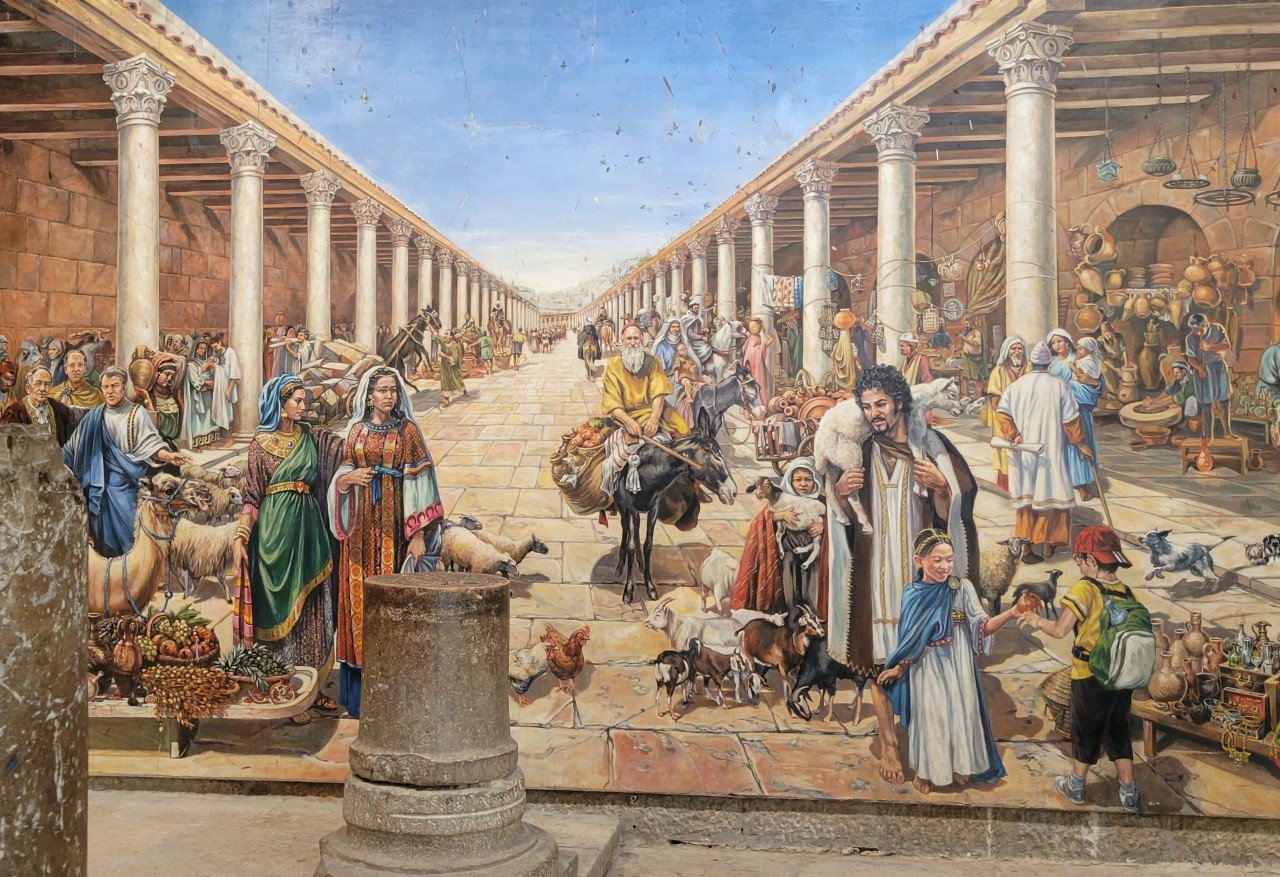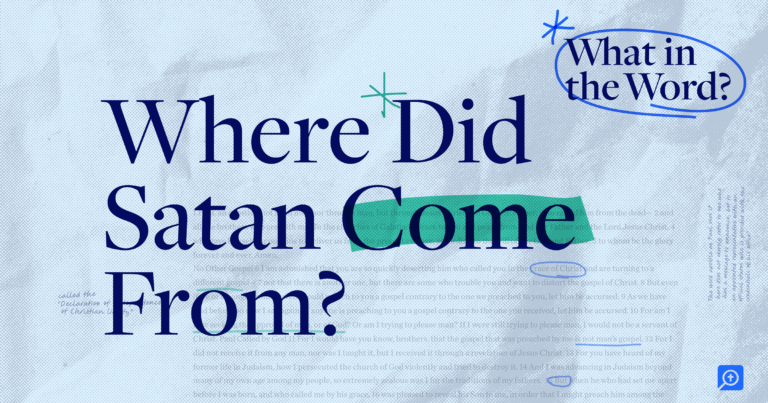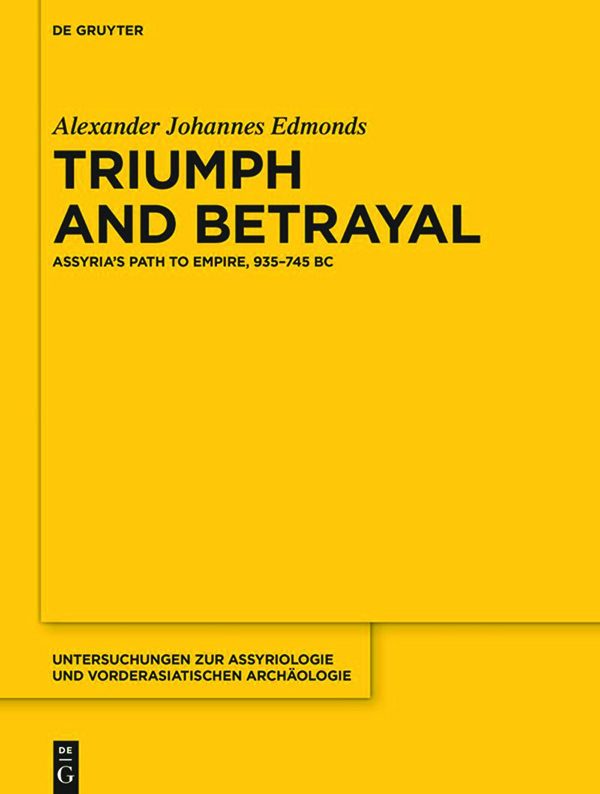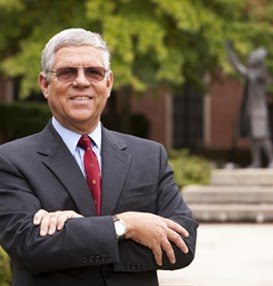Terms like “Wesleyan theology” and “Methodist doctrine” are used in a variety of contexts and can mean a lot of different things. And for good reason. The past several centuries have been the scene of many shifts and much shaking in theology among Methodists and other Wesleyans. From the earnest, pious, and experiential orthodoxy of the brothers Wesley to the experiments with Protestant liberalism to involvement in various liberationist movements to the retrieval and recovery of “paleo-orthodoxy,” it is undeniable that many of the ships sailing under the flag of Wesleyan theology are moving in different directions—sometimes passing in the night, and sometimes on a collision course.
The following survey of key theological texts is thus historically oriented and meant to be primarily descriptive in nature. It is intended to help the reader gain a sense of the various migrations as well as the breadth of doctrinal proposals within the broader Methodist tradition and in contemporary Wesleyanism.
Understanding the Wesleys
John and Charles Wesley are often (and rightly) understood to be influential in the founding of Methodist theology. Neither was a “systematic theologian” as we often think of that noble vocation. But both were deeply theological and very prolific, and it is important to gain a sense of their deepest doctrinal convictions and commitments.
John Wesley’s sermons
To do so, there is no better place to start than their sermons and hymns. John’s standard sermons are available in various editions (some forty-four; others fifty-two), but the most accessible and helpful is The Sermons of John Wesley: A Collection for the Christian Journey, edited by Kenneth J. Collins and Jason E. Vickers (Abingdon, 2013).
Wesleyan hymnody
The theology of Methodism is lyrically and very powerfully expressed across almost eight hundred hymns in A Collection of Hymns, for the People Called Methodists.
Secondary sources on the theology of John Wesley
John Wesley was an “occasional” and pastorally-oriented theologian, and his thought is directed toward concrete situations and is expressed in various treatises and pastoral statements (as well, of course, in the sermons). Thankfully, historical theologians have provided us with scholarly studies that help guide us into his thought. Among the most important are:
John & Charles Wesley’s biographies
Additionally, helpful biographies of the Wesleys include the following:
- Henry D. Rack, Reasonable Enthusiast: John Wesley and the Rise of Methodism (Abingdon, 1992)
- Gareth Lloyd, Charles Wesley and the Struggle for Methodist Identity (Oxford, 2007)
The waxing & waning of Methodist theology in the long nineteenth century
Wesleyan theology was articulated in a more formal way in the era following the life and ministry of the Wesleys.
The systematization of Methodist theology
In the early nineteenth century, Richard Watson was an important figure in the systematic formalization of Methodist doctrine. His most prominent work is Theological Institutes.
Watson’s work is echoed quite closely later in the nineteenth century by other Methodist theologians. Chief among them are:
- Thomas N. Ralston, Elements of Divinity
- Samuel Wakefield, A Complete System of Christian Theology
Other theologians provided more thorough and detailed statements of systematic theology. For instance
- Thomas O. Summers wrote Systematic Theology: A Complete Body of Wesleyan-Arminian Divinity for the Methodist Episcopal Church, South in the late-nineteenth century.
- In the north, Randolph Sinks Foster wrote Studies in Theism.
- Toward the end of the century, John Miley emerged as a giant of Methodist theology. Along with his influential work on the doctrine of the atonement, his Systematic Theology was published in two lengthy volumes and made significant impact.
- Among British Methodists, William Burt Pope’s one-volume A Higher Catechism of Theology and three-volume A Compendium of Christian Theology were published toward the end of the century and offered an elegant and learned restatement and defense of classical Christian orthodoxy in a Wesleyan key.
- Richard Allen, the founder of the African Methodist Episcopal Church, offers a theological treatise that is at once concise and tightly woven, pastorally and existentially compelling, and relentlessly orthodox as well as profoundly Methodist. His summary of essential Christian doctrine in The Life, Experience, and Gospel Labors of Rt. Rev. Richard Allen is a stunningly beautiful articulation of the essentials of Wesleyan theology.
A Complete System of Christian Theology: A Concise, Comprehensive, and Systematic View of the Evidences, Doctrines, Morals and Institutions of Christianity
Important contributions from the margins
In addition to the texts written from, by, and for the mainstream Methodist movement (in the United States, the Methodist Episcopal Church), other theologians made important contributions at the margins of the movement and in the smaller denominations that arose (often in protest). For instance:
- When the Wesleyan Methodists separated (from the MEC) over issues related to slavery, Luther Lee provided theological guidance in his Elements of Theology.
- Phoebe Palmer’s work was very influential in the holiness movement. Her testimonial, The Way of Holiness, was followed by her more properly theological Present to My Christian Friend on Entire Devotion to God, as well as other works.
- Although such an emphasis was not uniform, a “second blessing” or distinct second work of sanctifying grace was articulated by many theologians, pastors, and evangelists, e.g., Daniel Steele’s Love Enthroned and Milestone Papers or Beverly Carradine’s The Second Blessing in Symbol.
The Way of Holiness, with Notes by the Way; Being a Narrative of Religious Experience Resulting from a Determination to Be a Bible Christian
Revisionist projects
The nineteenth century was also a period of significant doctrinal revision and change. While many theologians, as we have noted, remain committed to the exposition and defense of creedal and confessional Christian teaching, others are committed to more decidedly revisionist accounts. We see evidence of the influence of liberal Protestant theology and philosophical idealism in many thinkers.
At the turn of the century, a leading revisionist is the philosopher and theologian Borden Parker Bowne. His work in philosophy (e.g., Metaphysics: A Study in First Principles) is accompanied by work in doctrine (e.g., Theism and Studies in Christianity). Bowne’s influence within Methodist theology can hardly be overstated, and the philosophical idealism and personalism, along with the theological liberalism, ran deep and spread far. The results of that impact continue to hang over Methodism, and they are sometimes celebrated and sometimes criticized. William James once said, “the ancient spirit of Methodism evaporates under those wonderfully able rationalistic booklets … of a philosopher like Professor Bowne.”
Secondary literature on nineteenth century developments
The sheer magnitude and variegation of theological developments in this era can be difficult to grasp. Thankfully, several works of secondary scholarship are helpful in sorting things out. Among them, these stand out:
- The Cambridge Companion to American Methodism (Cambridge, 2013), edited by Jason E. Vickers, contains insightful articles written by specialists on a variety of topics.
- Kevin M. Watson’s Old or New School Methodism? The Fragmentation of a Theological Tradition (Oxford, 2019) offers penetrating insight of the developments and “fragmentations” through historical analysis of the rise of the Free Methodist Church.
- More recently, Watson’s Doctrine, Spirit, and Discipline: A History of the Wesleyan Tradition in the United States (Zondervan, 2024) is a very valuable overview of the movement.
- Thomas H. McCall and Keith D. Stanglin offer both “backstory” (in seventeenth century Remonstrant and Anglican theologies) and an overview of the doctrinal developments of the nineteenth century in After Arminius: A Historical Introduction to Arminian Theology (Oxford, 2021).
Doctrine, Spirit, and Discipline: A History of the Wesleyan Tradition in the United States
Revisionist Wesleyan thought in the twentieth century
Modernist constructions
Such distinctly modern philosophical and theological influences can be seen in the works of the Boston Personalists (e.g., Edgar Brightman, The Philosophy of Personalism: A Study in the Metaphysics of Religion and A Philosophy of Religion), as well as important theologians such as Henry C. Sheldon (e.g., “Changes in Theology among American Methodists” in the American Journal of Theology [1906]) and Olin A. Curtis (e.g., The Christian Faith, Personally Given in a System of Doctrine).
The impact of Boston Personalism can be seen in various works. For instance, the early-twentieth-century Nazarene theologian H. Orton Wiley’s three-volume Christian Theology is marked by personalist influences.
Process & liberation theologies
Continuing in the work of broadly revisionist theology, Methodist theologians have been very active in the development and defense of process theology.
- John Cobb, the son of Methodist missionaries to Japan and a massively influential process theologian, introduced many Wesleyans to process thought with his book (written with David Ray Griffin), Process Theology: An Introductory Exposition (Westminster, 1976).
- Similarly, much of Catherine Keller’s work brings together liberationist and process concerns in the deconstruction and reconstruction of Christian doctrine. For instance, her The Face of the Deep: A Theology of Becoming (Routledge, 2003) is a postmodern feminist expression of process theology.
- On another front, Jose Miguez Bonino was an Argentine Methodist theologian who represents those Wesleyans promoting a brand of liberation theology, and his Toward a Christian Political Ethics (Fortress, 1982) expresses the sentiments of a practical theology being worked out in the context of oppression.
Paleo-orthodoxy & the retrieval of classical Christian thought
Beginning in the late-twentieth century and gaining momentum in the early twenty-first century, Wesleyan theology has witnessed a decisive shift. While attentive to the concerns expressed by revisionist theologians of various kinds, many Wesleyan theologians are committed to creedal orthodoxy and are actively engaged in the retrieval of classical Christian theology. Here several streams converge to form a steady current of orthodoxy.
- Geoffrey Wainwright expresses one such stream. His work Doxology, The Praise of God in Worship, Doctrine, and Life: A Systematic Theology (Oxford, 1980) keeps theology closely tethered to liturgy and the life of the worshipping community.
- Beth Felker Jones’s introductory textbook Practicing Christian Doctrine: An Introduction to Living and Thinking Theologically (Baker Academic, 2014) continues in this vein.
- Thomas C. Oden’s massive literary corpus is centered on the recovery of creedal orthodoxy and, more broadly, on the consensus of the tradition as expressed in the Vincentian Canon. Oden’s three-volume Systematic Theology (The Living God, Systematic Theology, Volume 1; The Word of Life, Systematic Theology: Volume 2; and Life in the Spirit, Systematic Theology: Volume 3; HarperCollins, 1987–1992) has been condensed into a one-volume work entitled Classic Christianity. Many of Oden’s former students (and “grand-students”) continue to work in line with Oden’s general approach.
- More recently, the work of Thomas Noble is similar in some important respects. Like Wainwright and Oden, Noble draws deeply from the wells of patristic theology while remaining attentive to the pastoral and doxological dimensions of theology. Noble’s work is, however, particularly marked by the influence of Thomas F. Torrance (and, behind Torrance, Karl Barth), and it is organized rather differently by beginning with Christology before moving to theology proper (and related topics) and then to the doctrine of the Holy Spirit (and related topics). Noble’s first “volume” (in three bound “part volumes”) entitled Christian Theology (Foundry, 2024) on the doctrine of the person and work of Christ runs to over one thousand pages, and we await the other volumes.
- Another related project is that of William J. Abraham. His “canonical theism” project draws deeply from various ecumenical sources and is committed to rigorous expression and analysis. His four-volume Divine Agency and Divine Action (Oxford, 2021) is clearly committed to creedal orthodoxy while also employing the tools of analytic philosophy and cultural analysis.
Wesleyan theology now & later
Whither Wesleyanism? While it is too early to say with certainty, it is not hard to sense several major themes and commitments converging. These include the following: a deep commitment to creedal and confessional orthodoxy, and a corresponding involvement in the project of retrieval theology; a deepening conviction in the authority and truthfulness of the Christian Scriptures, and a corresponding engagement in the theological interpretation of the Bible; a rigorous employment of analytic theology, where appropriate; and a keen sensitivity to the social, ethical, liturgical, and pastoral dimensions of theology.
Related articles
- Transform Your Prayer Life: 11 Essential Books on Prayer
- 11 Best Books on the Trinity (for All Levels of Study)
- The 68 Best Systematic Theologies—Chosen by a Theology Professor
- The Rich History & Practices of Methodist & Wesleyan Bible Study
- Top Preaching Tools & Resources That Belong in a Pastor’s Library

 1 month ago
29
1 month ago
29












 English (US) ·
English (US) ·